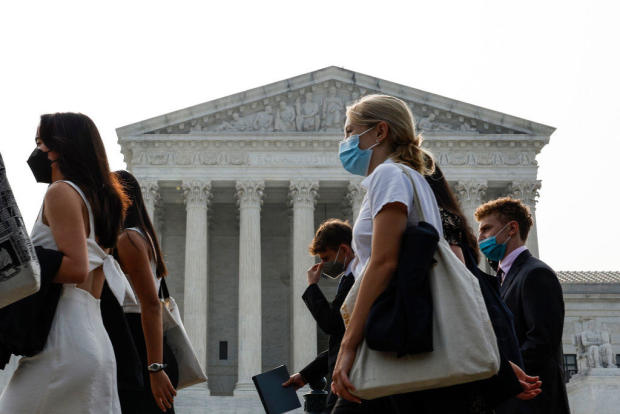the United States Supreme Court has ruled that race cannot be used as a factor in college admissions.
In a landmark decision, the United States Supreme Court has ruled that race cannot be used as a factor in college admissions. The ruling, which came down on Thursday, brings an end to the use of affirmative action policies at institutions of higher education across the country.
The case centered around the admissions policies of Harvard College and the University of North Carolina, both of which had been sued by groups alleging that their use of race in admissions decisions was unconstitutional. In a 6-3 decision, the Supreme Court agreed, stating that the use of race in admissions decisions violates the Constitution’s guarantee of equal protection.
The decision is likely to have far-reaching implications for colleges and universities across the country, many of which have relied on affirmative action policies to increase diversity and promote equal access to education. Supporters of affirmative action argue that it is necessary to combat the effects of historical discrimination and ensure that underrepresented groups have a fair shot at admission to top schools.
However, opponents of affirmative action argue that it is a form of reverse discrimination that unfairly advantages certain groups over others. They argue that admissions decisions should be based solely on merit and that race should not be a factor.
The Supreme Court’s decision is likely to reignite the debate over affirmative action and its role in promoting diversity and equal access to education. Some experts predict that the ruling could lead to a decrease in the number of underrepresented students admitted to top colleges and universities, particularly those from low-income backgrounds.
In response to the decision, many colleges and universities have vowed to continue to promote diversity and inclusion, even in the absence of affirmative action policies. Some have pledged to increase outreach efforts to underrepresented groups and to consider a wider range of factors in admissions decisions, such as socioeconomic status and educational background.
The ruling is also likely to have political implications, particularly in the wake of a national reckoning on issues of race and social justice. Some experts predict that the decision could become a rallying cry for conservative groups and politicians who oppose affirmative action and other policies aimed at promoting diversity and inclusion.
Overall, the Supreme Court’s decision marks a significant shift in the way that colleges and universities approach admissions decisions. While the ruling is likely to be met with disappointment from supporters of affirmative action, it is also likely to spark important conversations about the role of race in American society and the ongoing struggle for equality and justice.







